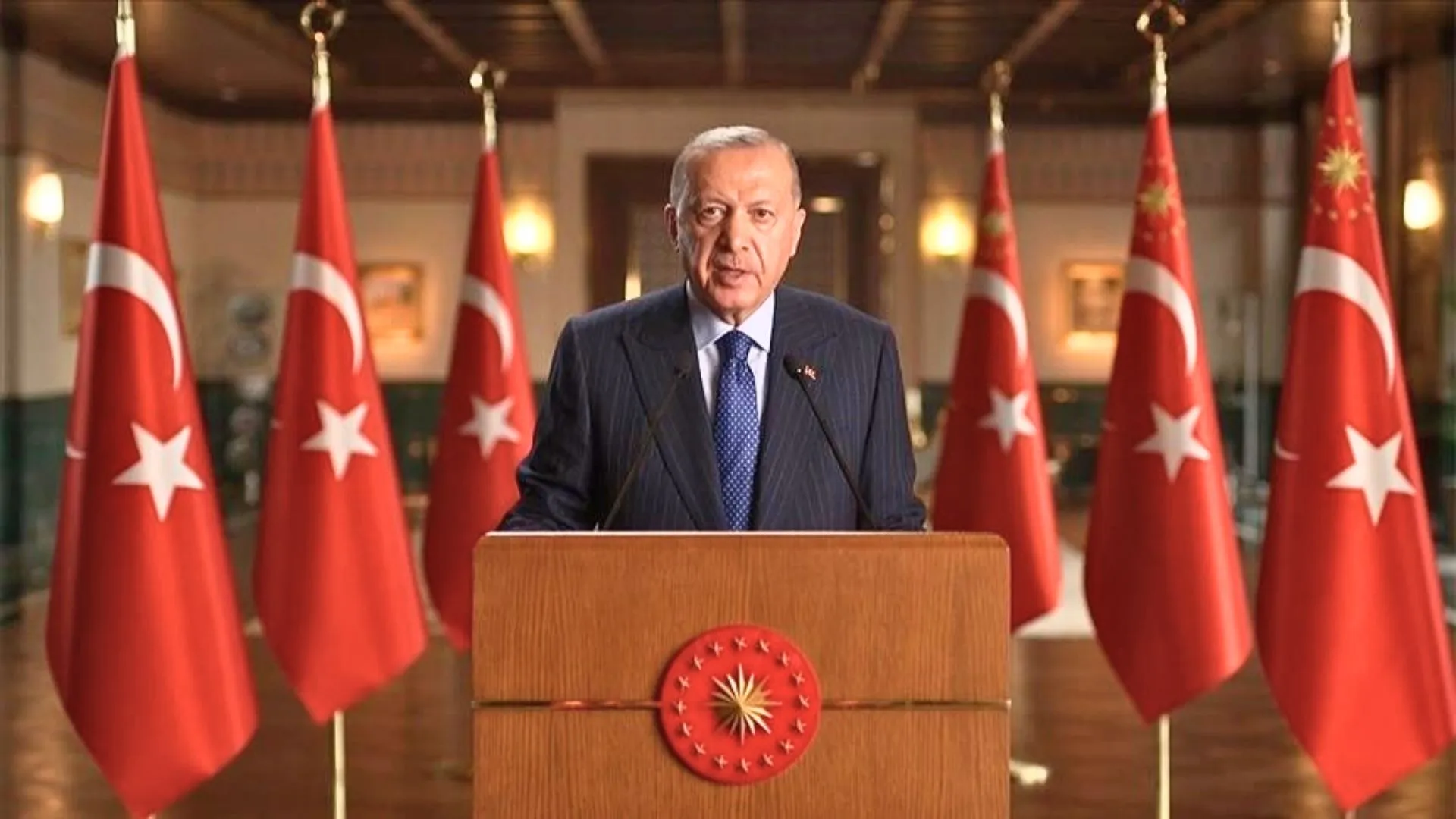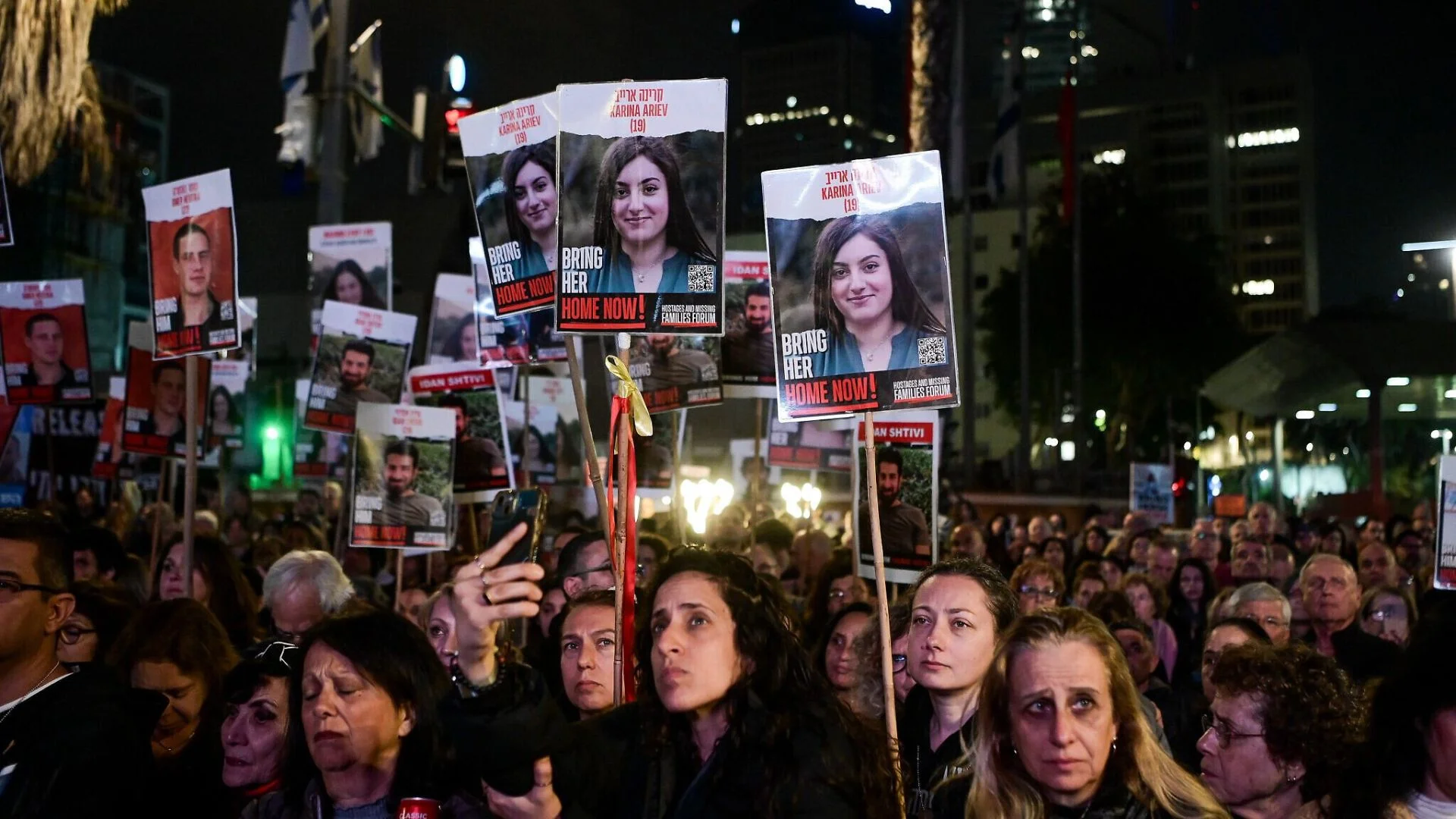Turkey President Recep Erdogan has initiated an effort to redraw Turkey’s constitution, sparking concerns that he is seeking to prolong his time in office beyond 2028. Recep Erdogan on Tuesday named a group of ten legal professionals to start working on a new charter. Critics see this as a strategic attempt to circumvent existing term limits. His moves follow a broad crackdown on opposition, such as the arrest of Istanbul’s opposition mayor Ekrem Imamoglu.
While Recep Erdogan says the new constitution will break Turkey free from its military-era shackles, his autocratic track record and miserable polling figures indicate a personal agenda. With no apparent heir and the opposition muzzled, he seems determined to rewrite the rules all over again.
Recep Erdogan’s Play for Power
Recep Erdogan has ruled Turkey for over two decades. He served as PM for ten years before becoming president in 2014. Under the current constitution, he cannot seek re-election in 2028 unless he either calls for an early election or changes the legal framework.
He instructed party leaders this week that he had designated ten lawyers to start drafting a new constitution. Though he swore not to seek re-election, his own history and recent comments suggest otherwise. In January, a musician inquired if he would seek re-election. He responded, “I am, if you are.” His party sanctioned the prospect the following day.
Short of Votes, Seeking Kurdish Backing
Erdogan’s governing coalition is not present in parliament with the numbers necessary to approve a new constitution. According to some analysts, that is why the government has reopened negotiations with the Kurdish militant group PKK.
They think Erdogan is attempting to win over the support of the pro-Kurdish party in parliament to assure him of the votes he needs.
Silencing the Opposition
Meanwhile, Recep Erdogan’s critics remain silenced. Istanbul’s Mayor Ekrem Imamoglu was arrested in March on corruption and assisting the PKK charges. Imamoglu’s arrest had ignited huge protests. Imamoglu, a presidential front-runner now, still languishes in jail.
He had targeted Imamoglu previously. Courts had sentenced him to prison and disqualified him from politics in 2022 on charges of insulting the Election Council. He appealed, but the ruling is still pending.
Clampdown Widens
The crackdown continues and turkish police arrested 65 soldiers and police officers last month for connections to Fethullah Gulen, which was held responsible for the failed coup in 2016. Turkey also imprisoned a Swedish journalist this month, upholding its tough attitude against foreign media.
Recep Erdogan maintains the 1982 Constitution, written following the 1980 military coup, is no longer in accord with democratic principles. He states the new constitution will benefit the people, not himself. “We must free ourselves from this coup-era mindset,” he declared. Nevertheless, his past belies his claims of being democratic.
No Successor in Sight
With no apparent heir and his chief competitor in jail, Recep Erdogan has few hurdles to overcome. Critics attribute the urgency for the new constitution to his plummeting popularity. Some polls place Imamoglu ahead of him and Recep Erdogan’s action now seems less reform and more about survival.
Even after his assurances, his intention is quite evident. The drive for a new constitution looks less democratic in nature and more of a control mechanism. Unless Turkish institutions resist, Recep Erdogan might achieve his goal of prolonging his rule—once again.























